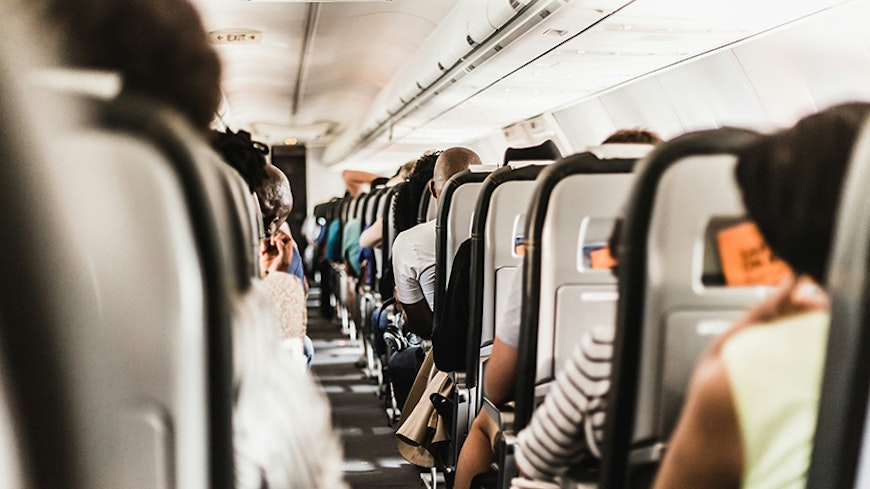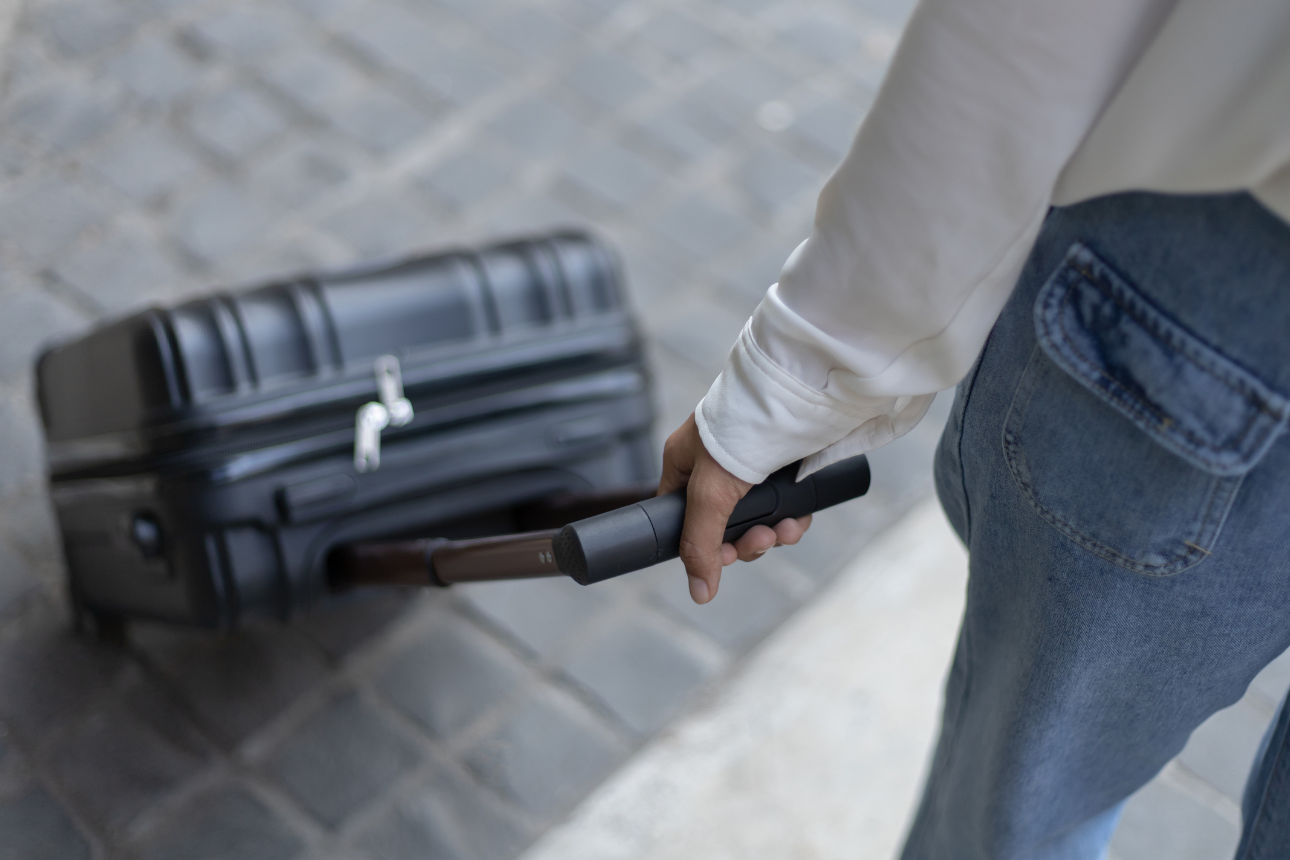
By Kate Harvey
Content Manager | Pou Whakahaere Ihirangi
You buy travel insurance for peace of mind, but having a policy isn’t a guaranteed safety net. We often hear of payouts not being as much as people expected or being turned down altogether.

The Insurance & Financial Services Ombudsman (IFSO) Scheme is a free service you can turn to when you’re not happy with the result of a claim. We asked the IFSO’s ombudsman Karen Stevens about some of the most common reasons travel insurance claims are declined and how you can avoid it happening to you.
Here’s what she told us.
1. Leaving items unattended
“Travel insurance policies often contain exclusions for belongings left unattended in a public place. Generally, if you leave your belongings unattended in a place like a train station or restaurant or at the beach, any theft or loss will be excluded by the policy,” Stevens says.
However, insurers will use their own wording around this. Stevens says it’s important to read your policy and understand it before you take off.
“Generally, ‘unattended’ means you’re sufficiently far enough away from the items that you couldn’t stop someone taking them, and ‘a public place’ means somewhere to which the public has access. So, if you leave your laptop on a café table while you use the bathroom or put your phone by the pool while you go for a swim, your insurer will say the loss is not covered under your policy.”
What to do
Read your policy so you know the precautions you need to take.
Always keep your belongings close by or on you when you’re out and
about on your trip.Wear your jewellery or keep it locked in a safe.
Report lost or stolen items to police and your travel insurance
provider within 24 hours. It’s a good idea to keep your provider’s
helpline number in an easy-to-find spot just in case.
2. Lack of proof of ownership
Your insurance provider can decline your claim for lost or stolen property if you can’t prove you owned it.
“The type of proof you might be asked to provide could include a receipt, a bank statement to show you purchased the item, a valuation if it’s jewellery or photos of you with or wearing the item,” Stevens says.
What to do
Read your policy so you understand the proof of ownership
requirements before you decide what to pack for your trip.If you’re taking something valuable on holiday, make sure you have a
record of its purchase.Take photos of items as proof they existed – this is more for back-up
as you could still need to prove you owned it.If you’re taking jewellery, make sure you’ve had it valued recently.
Figure out if it’s worth specifying the item on your policy. Unless
you’ve paid an extra premium to cover the item’s value, a maximum
limit may apply that is much less than the item is worth.
3. Pre-existing medical conditions
“If a claim relates to a medical issue that already existed when you arranged your travel insurance, the insurer probably won’t accept the claim,” Stevens said.
“Different insurance policies will contain different definitions of a pre-existing condition. What most people – and their doctors – don’t understand is that you don’t have to have a diagnosed condition to make it a pre-existing condition. If you have signs or symptoms related to a condition before you take out a policy, that can be enough to exclude the condition from your travel cover. It can result in unexpected costs and stress if you require medical attention while you are travelling.”
What to do
Discuss any known medical issues with your insurance provider. You may be able to get cover if you pay extra.
Read your policy. Some insurers have a list of conditions (for example, coeliac disease and epilepsy) they automatically cover provided the condition is well controlled and medication hasn’t changed.
Best and worst travel insurance providers
Want to read the full article?
Thousands of expert product/service reviews
Personal support through our Consumer Rights Advice Line
Premium articles and in-depth buying advice
Add a Consumer magazine for even more exclusive content
Consumer NZ member shares his travel insurance claim tips
Steven Perreau is a Consumer NZ member. He has been in contact with our Advice Line several times over the years about issues with travel insurance claims. He has kindly shared what he has learned from his experiences pushing to get what he believed he was owed.
1. Read your policy thoroughly.
“It’s heavy reading, I know, but do read your policy because, at claim time, your insurance company sure will,” Steven says. “You need to understand your cover and its limitations, such as whether it covers scuba diving or skiing. It also helps you know what you can claim. For example, there could be a provision for follow-up care once you’ve returned to New Zealand, such as physio following a medical claim.”
2. Understand your credit card travel insurance.
Steven uses the travel insurance he gets with his travel card and says this means there are extra things to understand. “You need to know how to activate it and when it starts. Look into what payments towards your travel must be made on the credit card – is there a percentage? Also how does cover extend to your spouse and children if applicable?”
3. Keep all your receipts and note all the phone calls you make to your insurance company.
4. Be prepared to argue at claim time.
“Over the years, I’ve had to dispute underpayment, multiple excesses being deducted and an incorrect clause being applied to the claim event,” Steven says.
“If you can’t get satisfaction, the Insurance & Financial Services Ombudsman Scheme costs you nothing.”
Need help with a travel insurance claim?
The Insurance & Financial Services Ombudsman Scheme is a free service for consumers and will investigate your complaint. Head to its website to make a complaint.


